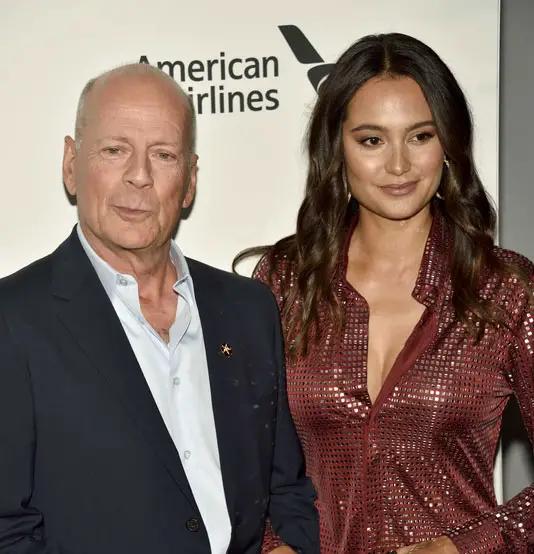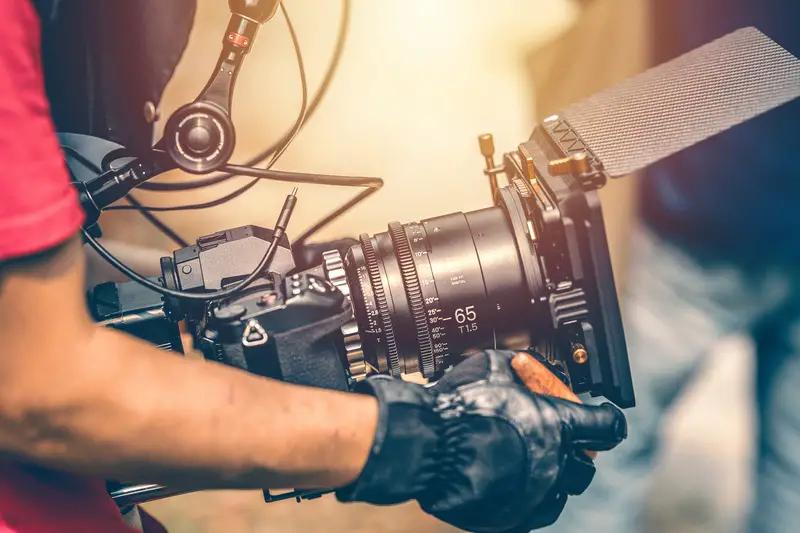Lee Roy Jordan, the legendary Dallas Cowboys linebacker who anchored the franchise’s famed “Doomsday Defense” and helped lead the team to its first Super Bowl championship, died Saturday, August 30, 2025, of kidney failure. He was 84 years old.
Jordan passed away at a Dallas hospice, according to his son David, who told reporters his father had been experiencing dementia in recent years, likely tied to chronic traumatic encephalopathy, or CTE. The Cowboys announced his death Saturday without initially providing details about the cause.
The Alabama native spent his entire 14-year NFL career with Dallas from 1963 to 1976, establishing himself as one of the most feared middle linebackers of his era. Jordan was selected by the Cowboys with the sixth overall pick in the first round of the 1963 NFL Draft after a standout college career at the University of Alabama under legendary coach Paul “Bear” Bryant.
At Alabama, Jordan played a pivotal role in the Crimson Tide’s 1961 national championship team and earned unanimous All-American honors in 1962. He finished fourth in Heisman Trophy voting as a senior and was inducted into the College Football Hall of Fame in 1983. Jordan carved a permanent place in Alabama lore with 31 tackles in the Tide’s 17-0 victory over Oklahoma in the 1963 Orange Bowl.
Jordan became the cornerstone of Dallas’ “Doomsday Defense,” leading the Cowboys to 10 playoff appearances, two NFL Championship Games, and three Super Bowls during his tenure. The team’s breakthrough came with a 24-3 victory over the Miami Dolphins in Super Bowl VI following the 1971 season, giving Dallas its first championship. Jordan retired in 1976, one year before the Cowboys won their second Super Bowl title.
Despite being undersized for his position at 6-foot-1 and 220 pounds, Jordan relied on quick instincts, relentless preparation, and film study to excel. He made 154 consecutive starts at middle linebacker over a 12-year period and retired with 1,236 team-credited tackles, a Cowboys record that stood for 26 years until safety Darren Woodson surpassed it in 2002.
Jordan’s statistical accomplishments were impressive across multiple categories. He recorded five Pro Bowl selections and earned NFC Defensive Player of the Year honors. According to Pro Football Reference, he is one of only five linebackers in NFL history with at least 30 interceptions and 15 fumble recoveries. He had a standout performance against the Cincinnati Bengals on November 4, 1973, recording three interceptions in one game and returning one for a touchdown.
Cowboys owner Jerry Jones made Jordan the first player inducted into the team’s Ring of Honor under his ownership in 1989. Jones indicated that Jordan embodied the Cowboys’ spirit with fearless instincts, leadership, and a relentless work ethic, noting that his commitment to community was the centerpiece of his life after retiring.
Born and raised on a farm in Excel, Alabama, without electricity, Jordan was one of seven children. His journey to football stardom began somewhat by chance when Alabama assistant coach Jerry Claiborne discovered him while scouting another player. Initially considered a marginal prospect due to his size and speed, Jordan quickly proved his worth once on campus.
Former teammate Dan Reeves, who later became a successful NFL head coach, experienced Jordan’s intensity firsthand during a scrimmage as a rookie. Jordan’s famous forearm shiver shattered Reeves’ facemask and busted his lip, prompting the newcomer to wonder what Jordan did to opponents. Jordan reportedly told him that if his grandmother put on a helmet and ran the ball for the other team, he would have to tackle her.
After his playing career, Jordan opened Lee Roy Jordan Lumber and remained active in the Lake Highlands community, where many former Cowboys players and coaches raised their families when the team practiced at Forest Lane and Abrams Road. The practice facility was primitive by today’s standards, but it served as the base for the team’s most successful era.
Jordan’s former teammate Charlie Waters, who still lives in Lake Highlands, described him as an excellent athlete who was tough as the day is long. Waters and other teammates recalled Jordan’s leadership qualities and his role in establishing the winning culture that defined the Cowboys’ championship teams.
The Cowboys organization released a statement honoring Jordan’s legacy, describing him as an inspirational leader whose impact on the game and those who knew him will live on forever. “His legacy lives on as a model of dedication, integrity, and toughness,” the team stated.
A memorial service will be held September 19, 2025, at 11 a.m. at Christ the King Catholic Church in Dallas. Jordan is survived by his wife Biddie and their three sons, including David, who shared memories of growing up in Lake Highlands when it seemed like everyone’s father was a Cowboy.







